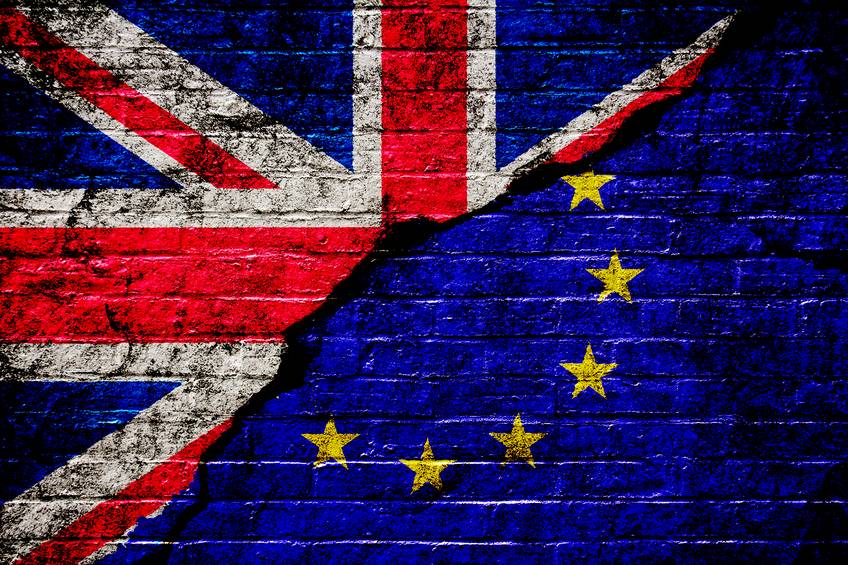Much Uncertainty About Europe’s Future
Responses to Brexit, elections, public policy, the economy will shape continent, speakers say

DURHAM, N.C. -- From economics to security, how Europe responds to its challenges will significantly affect the United States, speakers said during a panel discussion on the future of Europe.
The challenges are many: the start of formal negotiations related to Brexit, upcoming elections in France, Germany and Italy, the refugee crisis, the rise of populism and an uncertain relationship between a new U.S. administration and the European Union.
“What happens in Europe is immensely important to our economy and to our security,” said Patrick Duddy, a former U.S. ambassador to Venezuela who now directs of Duke’s Center for Latin American and Caribbean Studies.
Tuesday’s discussion, sponsored by the Duke University Center for International and Global Studies and Forum for Scholars and Publics, also included Andrea Renda from the Centre for European Policy Studies in Belgium, Antoine Ripoll, head of the European Parliament Liaison Office with U.S. Congress, and Giovanni Zanalda, director of the Duke Center for International & Global Studies.
Duddy laid out some of the reasons why Britain’s departure from the EU is such a big deal for the United States and the rest of the world:
-- It is the largest military power in the EU;
-- The United Kingdom is one of two EU members with nuclear weapons (France is the other);
-- It’s one half of the EU’s veto authority on the U.N. Security Council;
-- The UK economy is one the biggest in the world.
“Brexit is a big deal for Europe and it’s a big deal for us,” Duddy said. “We don’t know exactly how this will be felt in Europe, the UK or here, but it’s going to be a very big deal and we need to somehow internalize that.”
The nationalism expressed by the election of Donald Trump and the Brexit vote also raise concerns, Ripoll said.
“The big question we have is … have Americans chosen a closed society or open society? We are wondering.”
He believes ultimately Europe will remain open. “Do we embrace the changes and do we try to build on what we’ve done the past 70 years, or are we saying after all (that) we would rather close our borders and build a wall?” Ripoll asked.
He added: “If and when we do agree what it means to be European … then we’ll have to see how we pay for that. It’s very expensive be champion of the world at anything.”
Renda noted that over the last several years, the economic collapse, terrorism and the refugee crisis have severely hurt Europe.
“Europe is in crisis for a number of reasons,” he said. “The only way to move forward is to change. …
Renda said it’s easy to blame Europe’s problems on EU leadership in Brussels – but misguided to do so.
“The situation is there because of a lack of political will,” he said. “If this political will and courage is missing in the coming years, I don’t think the European Union has a bright future.”